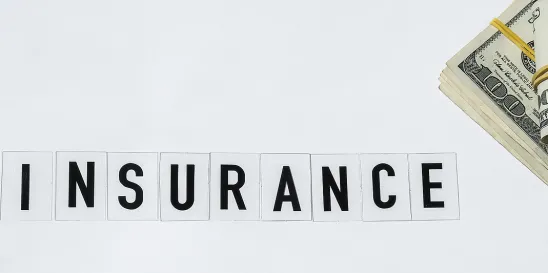Parties to a lawsuit may have vastly different perspectives on the validity and value of a claim, but as a matter of course, the issue of settlement will arise. Trial is an exceedingly expensive endeavor with an uncertain result. From a risk management perspective, the decision to settle is critical. Yet under liability policies that give the insurer sole control of the defense, the settlement decision often rests exclusively with the insurer as well.
The insurer’s exercise of this control becomes problematic when (1) the insured’s liability could exceed the policy limits, and (2) a settlement offer within the policy limits is on the table. Like an insurer providing a defense under a reservation of rights (discussed in Part 1), in this recurring situation, the insurer and the policyholder have conflicting incentives. The insurer may prefer to roll the dice for a judgment that’s less than the limit of liability. Settlement within the policy limits, on the other hand, is often in the policyholder’s best interest because it eliminates the risk of incurring uninsured liability.
Standoff at the Settlement Corral
Tensions between the policyholder and the insurer about a policy-limits settlement demand intensify as the trial date inches closer. At this point, the evidence and analysis developed in the litigation should be sufficient to fully assess whether uninsured liability is a real possibility. If the plaintiff’s demand is time limited, the policyholder-defendant’s window of opportunity for settlement could be missed. The potential impact of an excess verdict is suddenly front and center. What is the policyholder’s recourse?
With the stakes this high, the insurer’s duty to the policyholder rises to a fiduciary level in many jurisdictions. The insurer must seriously consider a settlement offer within policy limits as if the insurer itself would be liable for any excess judgment. The kicker is, if it fails to do so, the insurer actually can be held liable for the excess judgment, as well as consequential damages. In other words, the duty to settle within policy limits when warranted is backed up by a very big stick that can provide the policyholder with needed leverage at a time when it may feel most powerless.
Reasonableness Is the Watchword
States have different formulations of the level of insurer failure required to succeed on what’s known colloquially as a bad-faith-failure-to-settle claim, ranging from negligence to recklessness to intentional wrongdoing. However, in every case, reasonableness is the watchword. Was there a reasonable probability of an excess judgment based on the facts, applicable law, and what’s known about the jurisdiction? Given those circumstances, was the plaintiff’s policy-limits settlement offer reasonable? Did the insurer conduct a reasonable (i.e., good faith) evaluation in response to the offer? These are fact-intensive questions that generally cannot be decided as a matter of law and place the insurer’s conduct under a microscope.
A Formal Demand in Favor of Settlement Can Expedite Resolution
When faced with an insurer’s recalcitrance or delay in deciding whether to accept a pending settlement offer within policy limits, policyholders should make a formal demand in favor of settlement. Appointed defense counsel should provide any analysis and documentation generated during the litigation that the policyholder may need to show the insurer that the risk of an excess judgment is real, and that settlement is prudent. Reminding the insurer of its heightened duty to accept a reasonable settlement offer within policy limits can expedite a resolution that benefits all parties involved.




 />i
/>i


